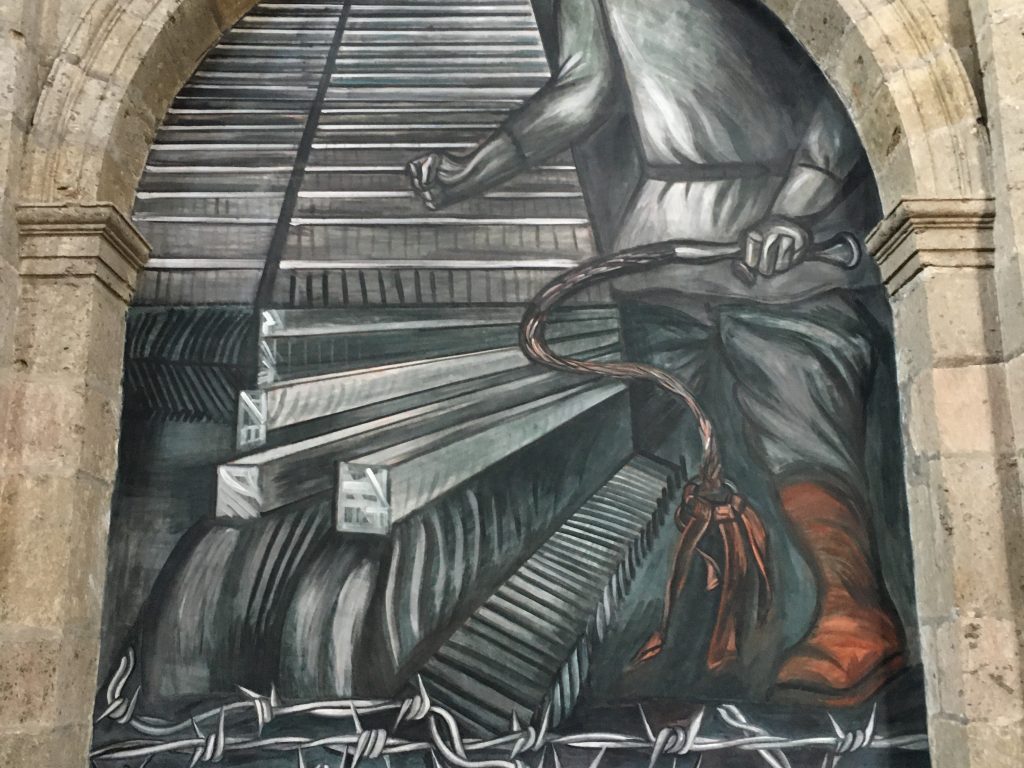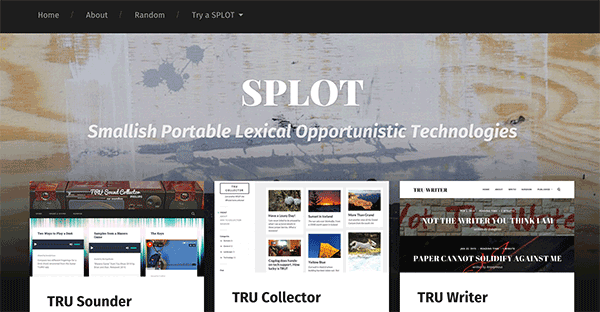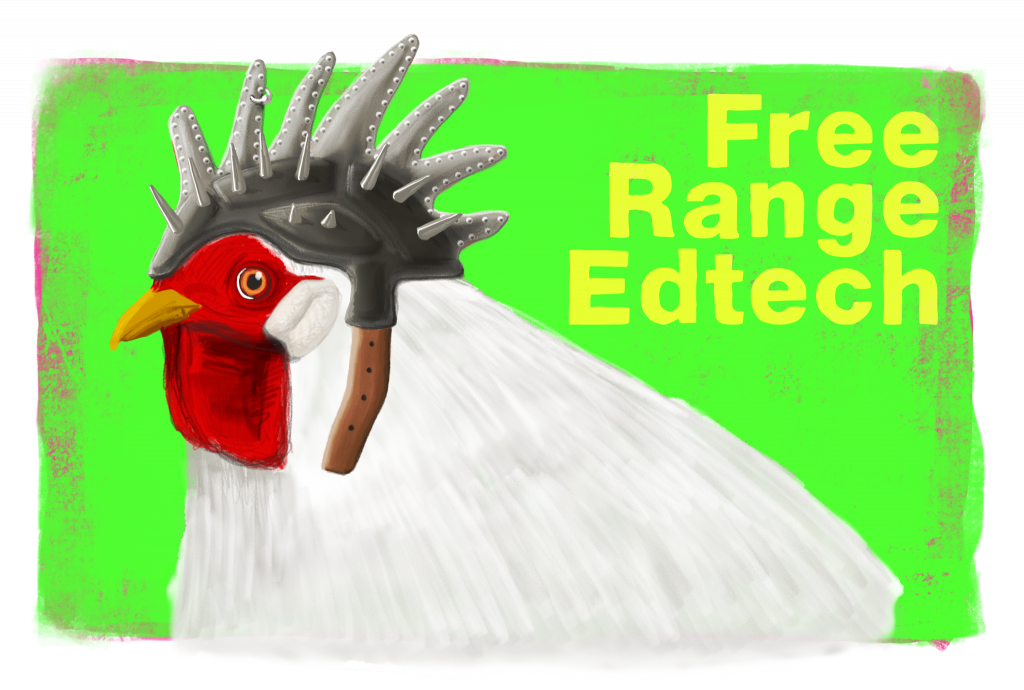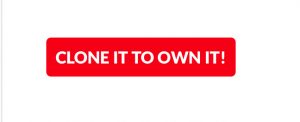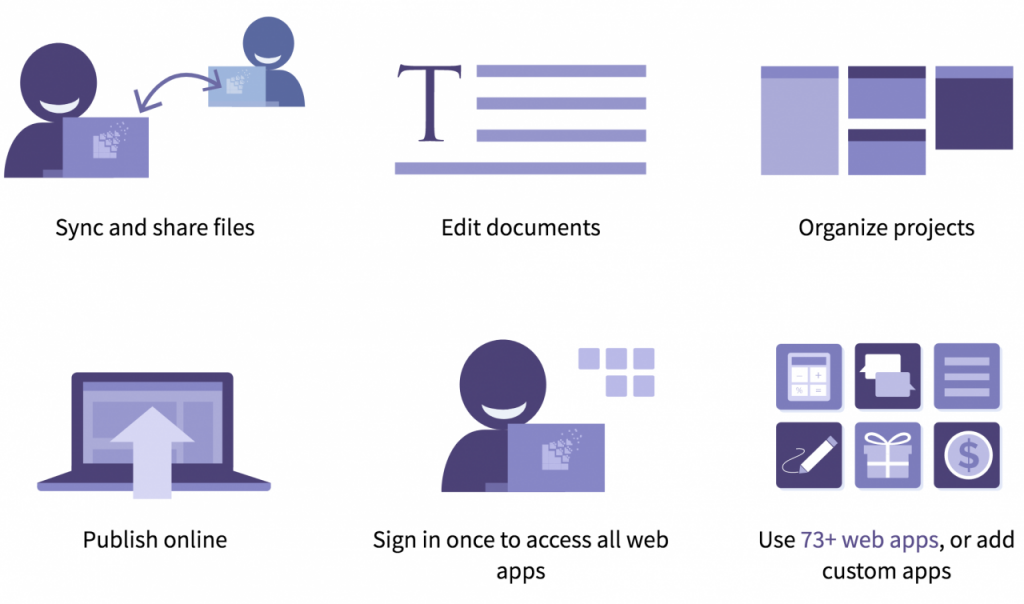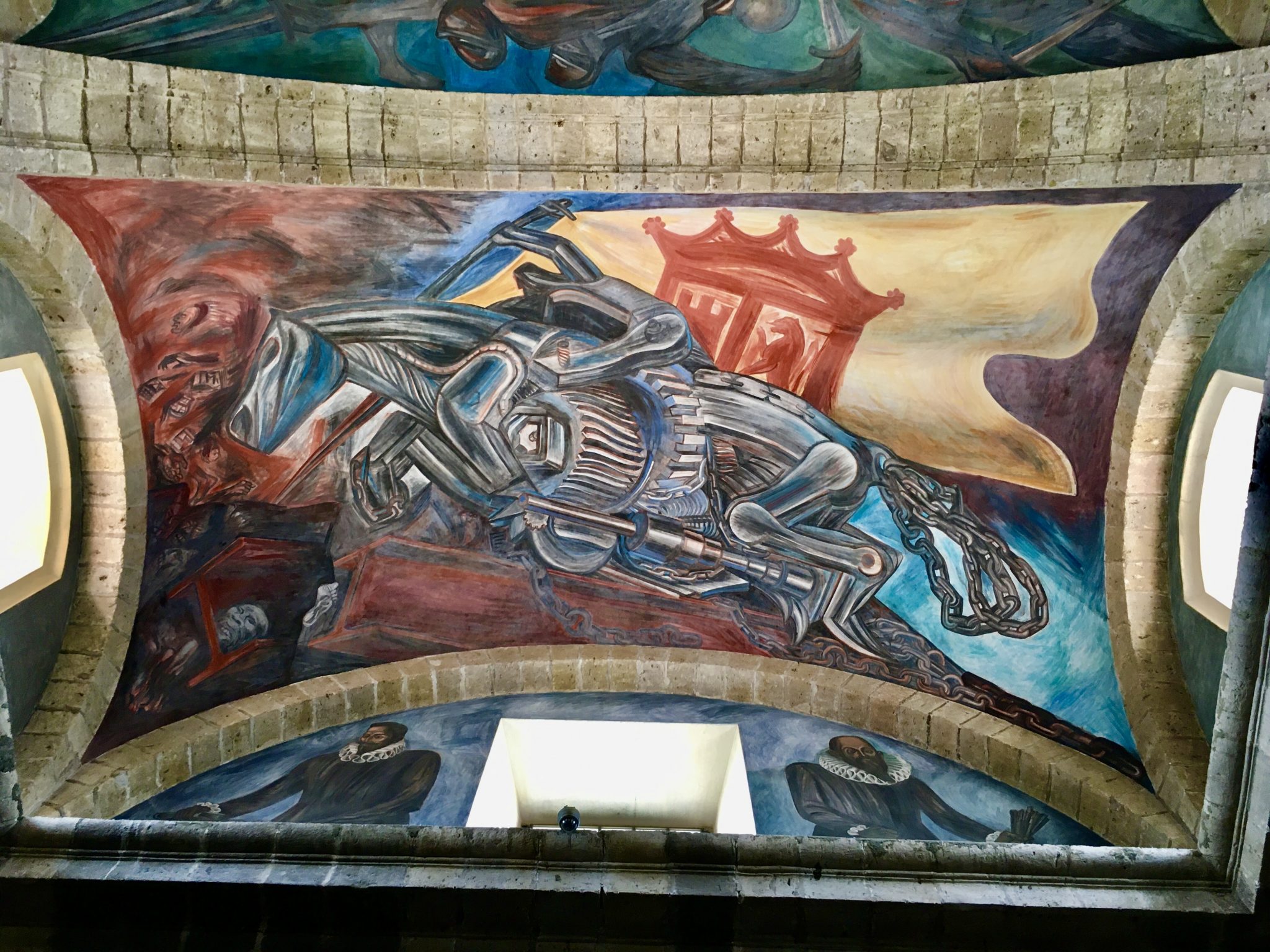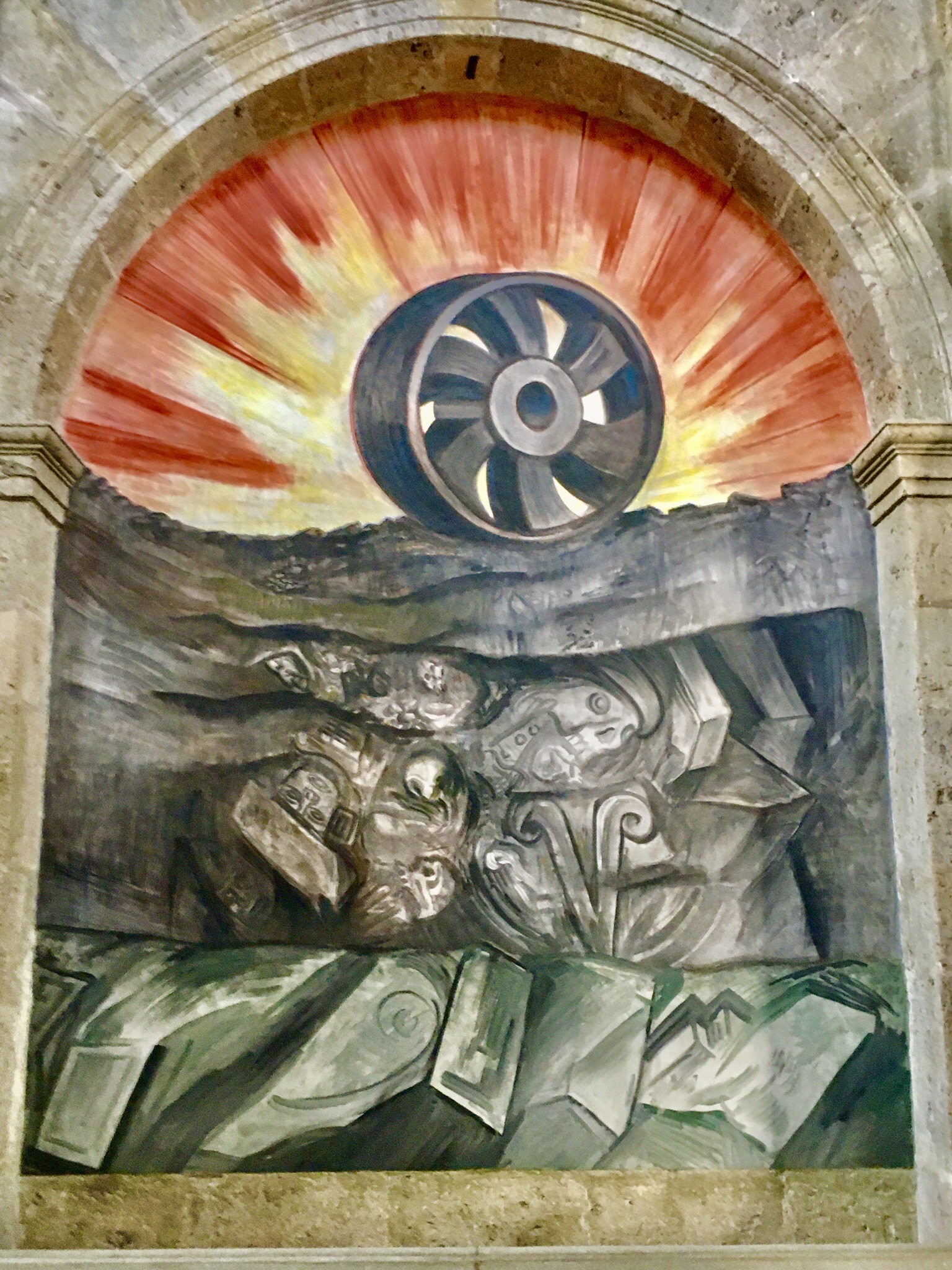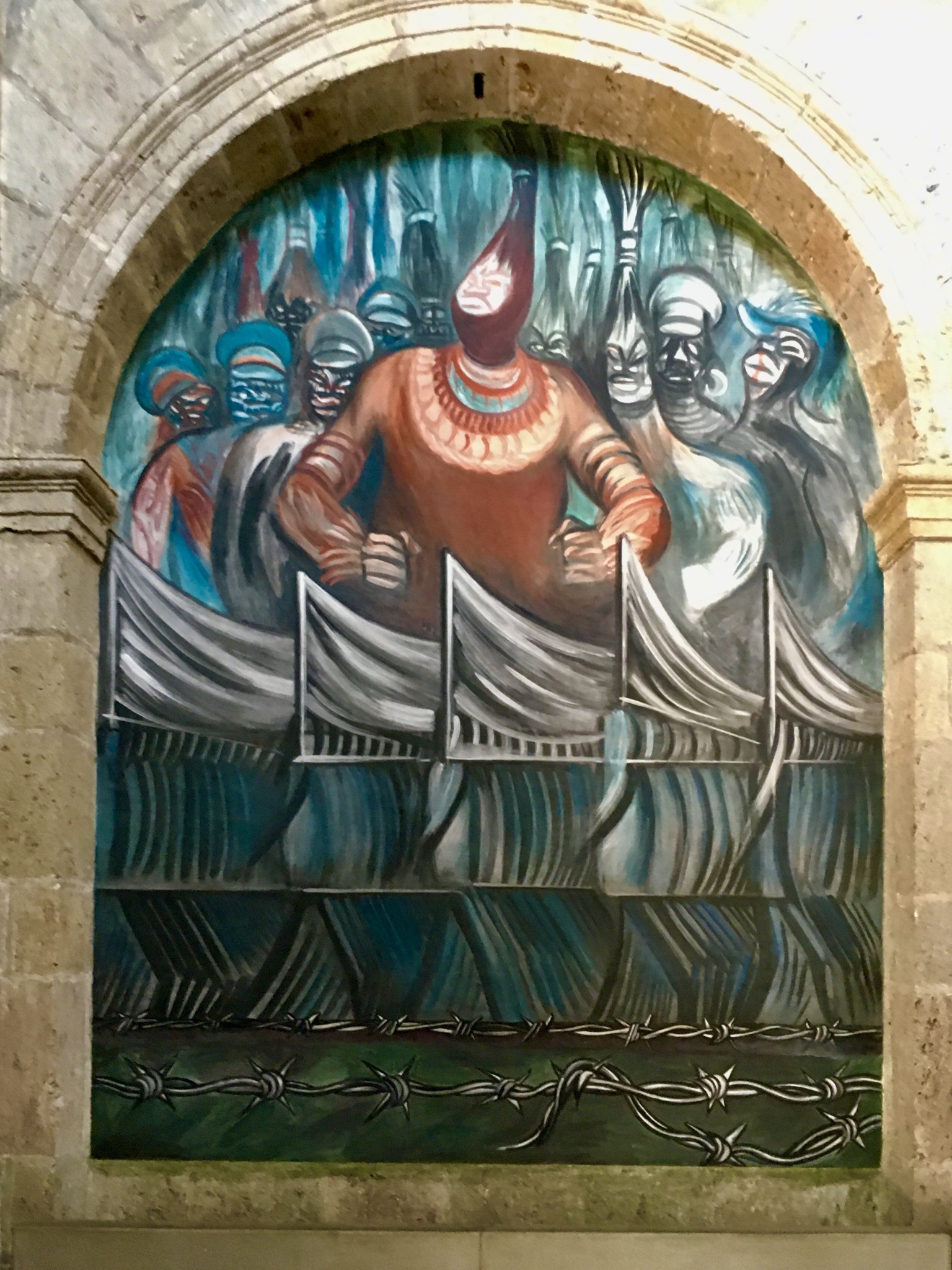Open Pedagogies and Practices
I think that openness — demanding it and enacting it — is a cure for much of what ails these systems. They thrive on sneaky, duplicitous access to data and information. What if we fastidiously protect what matters, and share the rest, freely?
When we embrace the concept of open beyond the (very important) world of the course text, we’re talking about an open pedagogy, where teaching and learning is shared freely and widely by default.
When I think about reframing our sense of what teaching looks like to be radically open, I think about syllabi and course materials made freely available, licensed CC-BY-NC and built with the intention of being built upon, and the opportunities that presents to all of us to learn with each other. I think about open classroom doors and teaching that crosses departmental and faculty divides. I think about students producing authentic learning in the open where they can engage with each other freely, and where they seem assignments as meaningful contributions to their discipline rather than hoops they jump through (David Wiley calls traditional assignments “disposable,” and the first time I heard it snapped my brain in two with its appropriateness). I think about working outside of the LMS, and making the resources of a public university freely accessible to the public. I think about shared annotations. I think about allowing students more agency and decision-making power around assignment design and classroom practice.
All of these things are differently limited by our institutions, circumstances, and privileges within the academy, but the will to keep pushing our work as teachers into the open is, I think, radical, because it pushes back against the desire to hoard data, exclude learners, and let algorithmic processes do the heavy lifting.
But it’s also worth thinking about what open brings to our scholarship, our practice, and our processes. Would tenure be more fair if it was an open process? Is peer review more collaborative and productive when we own our commentary? I spend a lot of time these days thinking about why some processes are closed and who is protected by that choice.
Open Toolsets
While we do work with vendors, and use proprietary software when there is a demonstrable advantage, for the most part our supported tools and platforms are self-hosted (or via BCNet shared service) and open source. This provides a more secure data privacy footprint for our users, as well as giving us more autonomy in terms of how our services are provisioned.
TRU is the birthplace of the SPLOT!
TRU LT&I is also a founding member of the OpenETC, “a community of educators, technologists, and designers sharing their expertise to foster and support open infrastructure for the BC post-secondary sector.“
Drawing inspiration from the platform cooperativism movement, we share platforms, resources, and strategies in a spirit of mutual support and collective benefit.
We host a collaborative WordPress installation at https://opened.ca, with shareable, clonable starter sites. (We also have the same features on the TRU-focused https://trubox.ca.)
We also host a wide array of privacy-first, self-hosted applications via the Sandstorm framework at https://apps.opened.ca/
And a Final Thought
When in doubt, we leave you with two questions to ask before giving up:
- What does this tool improve or enhance?
- Who is profiting from this tool, and how?
After we delivered this session, it became apparent that a pedagogy of care needed to be centred in the practice of the learning technologist.
Ethic of care thinking — considering who the stakeholders are, centring the most vulnerable voices, and mitigating or eliminating harm — are core, critical tasks when we work with technology. But rarely is the work of learning technologies empowered to be approached as care work.
If there’s one thing I hope comes next, it’s institutional restructuring that recognizes the integral function of our digital services in how we teach and learn. The fact is we’re probably never going back to the way we used to do things: every new variant, every delay in the vaccine plan, should make it clear that we live in a world of ifs and buts. The choices about the tools we use to conduct our teaching and our learning should be in the hands of academic governance, and the people who use the tools every day — students and faculty alike — should be at the table. And, ideally, some of those should be critical voices, too. It’s been comfortable for a lot of folks who don’t like or want to engage with digital tools to imagine there’s the “real work” of teaching and learning on one hand, and the “button pushing” of edtech on the other. I’m left wondering, eleven months into the pivot to online, how is that distinction working out? It seems to me that we rolled into this pandemic with academic leadership the world over who didn’t previously engage meaningfully with the folks supporting the learning technology, or the folks using it, who found themselves caught without the necessary expertise to navigate this crisis. It’s time to rethink how we organize this labour.
[…]
The choices that are made, often on our behalf but without our consent, about the technologies we bring into the classroom and have imposed upon us and our students, are too often not made based on care. They fill some pressing need, they fit on the right budget line, and they promise something shiny. Until the decision-making spaces are populated with people with both expertise, experience, and critical contexts — students and staff alike — this probably won’t change. But edtech procurement and the structural rethinking that needs to happen there is one small example of the hard work of moral repair that needs to come if our institutions are capable of healing from this year.
Digital Dextox 2021, “Build Back Better“
The values of open pedagogies and practices were not swamped by the pandemic, but were utilized by our team to enhance responsiveness, effectiveness and sustainability.
- That we doubled-down on our commitment to open tools like Moodle, WordPress, and H5P helped to stave off some of the forays for-profit edtech made at other institutions.
- BCcampus’s Adapting to Covid-19 was an invaluable care-centred resource during the remote teaching, and it stands as a useful archive of care-centred practices.
- A bit of Covid-timed fun came from folks in the open education community adapting Martin Weller’s open access book 25 Years of EdTech as a podcast, complete with companion conversations. This project was a timely reminder of the joyful play at the heart of open education as a community.
